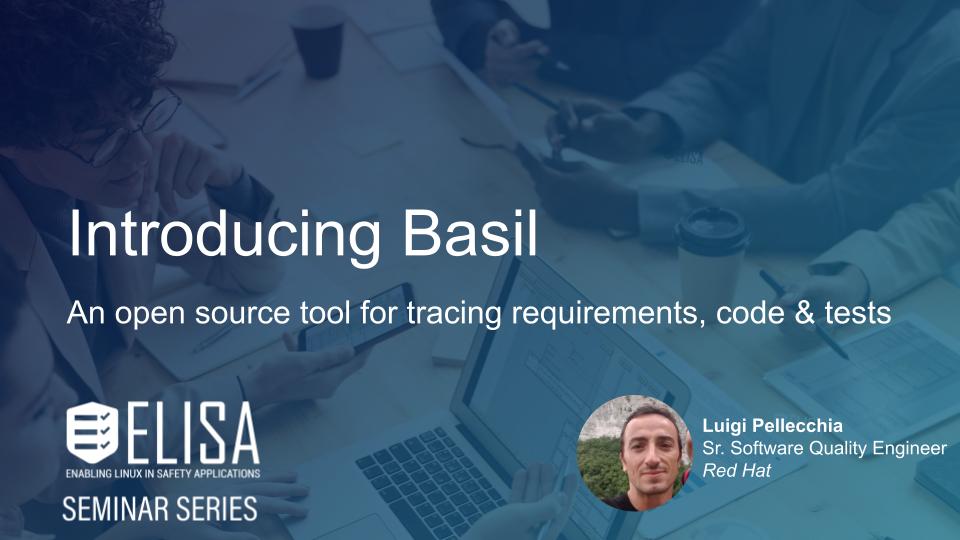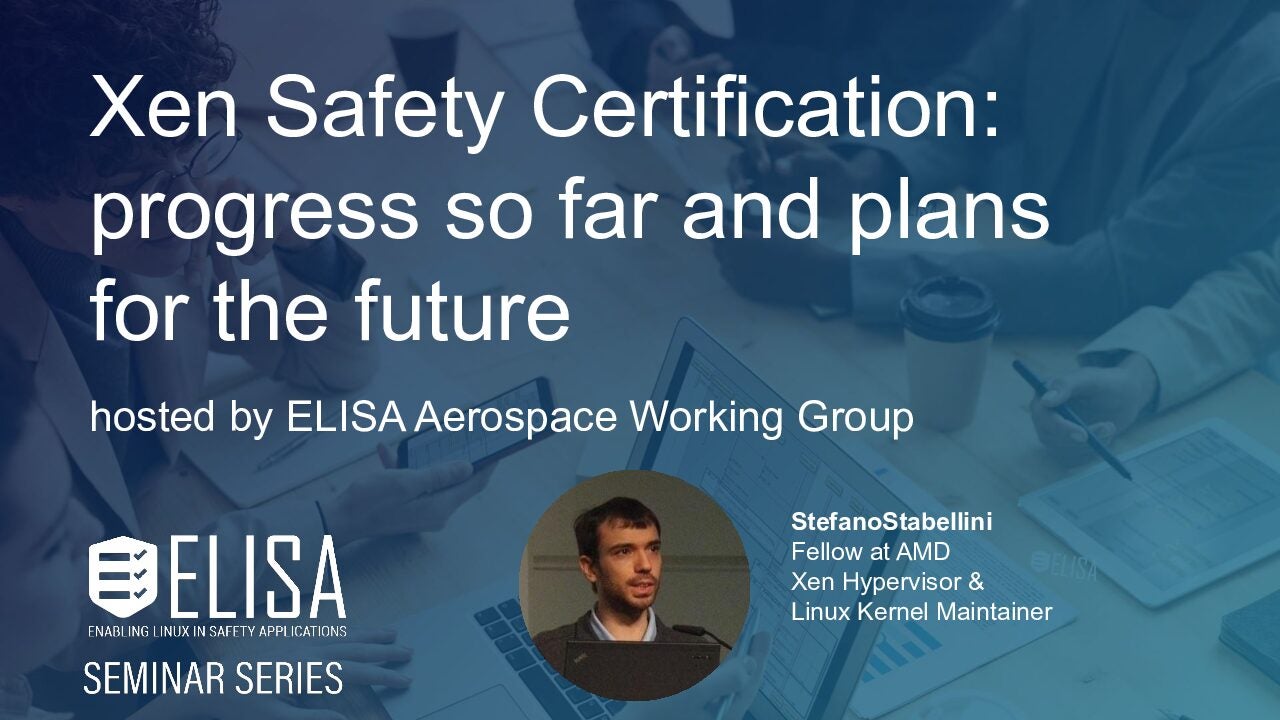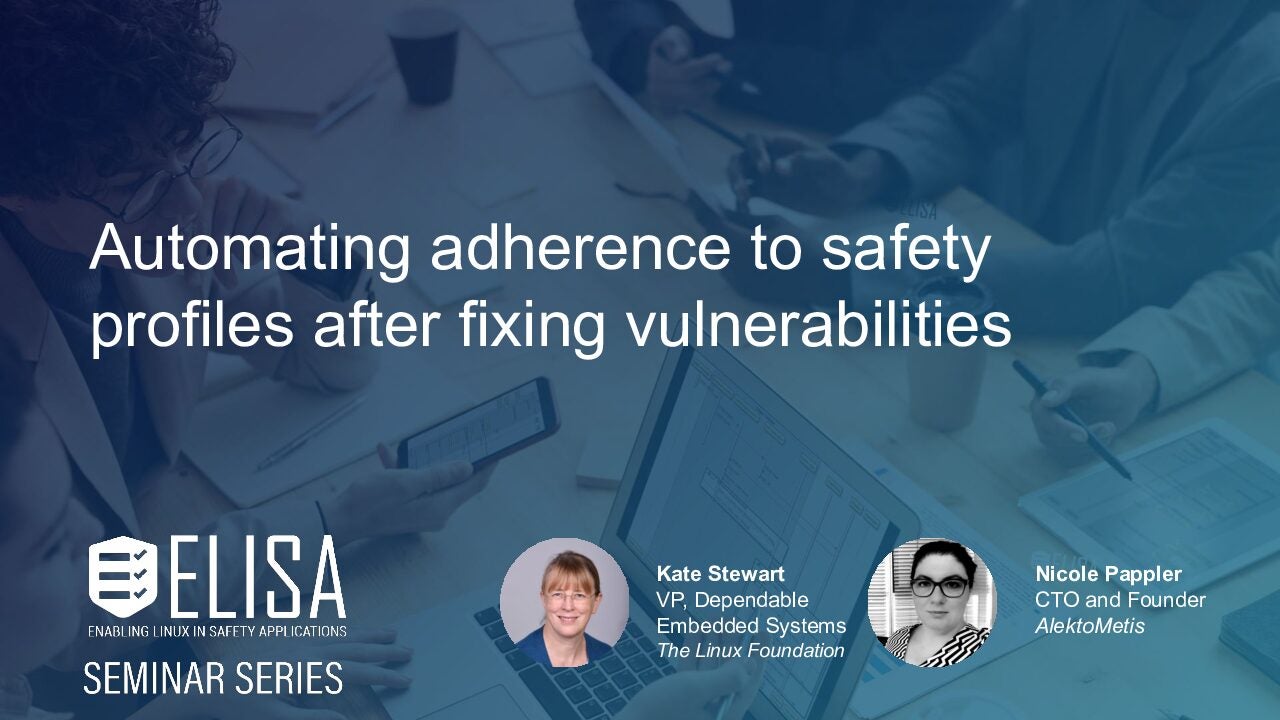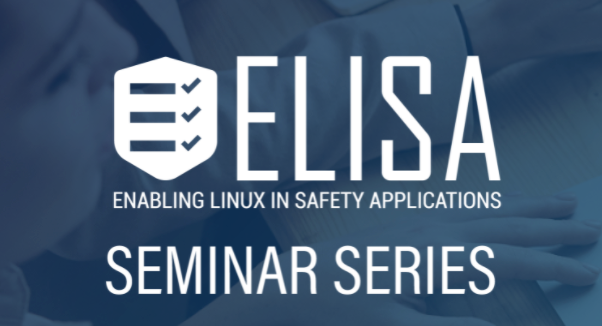
The current stage of space exploration has brought with it an increase in the complexity of systems deployed, in the number of players involved, and in the need for autonomy. This video describes two efforts taking place at NASA to help on that front. One the one hand, the use of runtime monitoring with Ogma and Copilot makes it possible to assure applications that are otherwise too costly to verify formally or test fully.
On the other hand, the use of Kaiaulu to process information about version control systems and issue trackers facilitates providing evidence of compliance with software engineering requirements, and to minimize deviations from the software plans. We believe that, together, they can enable more complex autonomous systems in space applications and shorten the time to that it takes systems to be put in production.
As part of the ELISA Seminar series, Ivan Perez Dominguez, Senior Research Scientist, KBR Inc at NASA Ames Research Center, gave a presentation titled, “The Road to Safe Space Exploration.“
The ELISA Seminar Series focuses on hot topics related to ELISA’s mission to define and maintain a common set of elements, processes and tools that can be incorporated into Linux-based, safety-critical systems amenable to safety certification. Speakers are members, contributors and thought leaders from the ELISA Project and surrounding communities. Each seminar comprises a 45-minute presentation and a 15-minute Q&A, and it’s free to attend. You can watch all videos on the ELISA Project Youtube Channel ELISA Seminar Series Playlist here.
For more ELISA Project updates, subscribe to @ProjectElisa or our LinkedIn page or our Youtube Channel.




